
Millionaire game hunter killed by same buffalo he was stalking

A Tragedy That Sparked a Global Debate
The sudden death of Texas real estate magnate and passionate trophy hunter Asher Watkins in South Africa has resonated far beyond the hunting community. Killed by a Cape buffalo he had been tracking, his story has unleashed a mix of shock, grief, and fierce argument. To some, it stands as a tragic reminder of the mortal risks hunters face when pursuing some of the world’s most formidable animals. To others, it is laden with symbolism—an instance of nature striking back against a pastime many see as outdated, cruel, and deeply out of step with modern values.
As details emerged, Watkins’ death quickly became more than a private tragedy. It touched on ongoing global conversations about the ethics of trophy hunting, the conservation claims tied to it, and the enduring human fascination with pursuing dangerous game. It also brought into sharper focus the tensions between those who regard hunting as a time-honored tradition and those who see it as a moral failure in an age when respect for wildlife has never been more urgent.
The Fatal Encounter in South Africa
During what was supposed to be a routine hunting expedition, Watkins was killed by a Cape buffalo, the very animal he had been stalking. According to Coenraad Vermaak Safaris, the outfitting company overseeing the trip, the attack was described as “sudden and unprovoked.” Despite being accompanied by a professional hunter and a skilled tracker, Watkins had little chance to react. The massive, horned animal charged swiftly, fatally goring him before anyone could intervene.
The company expressed devastation over the loss, calling Watkins and his family “long-standing friends.” Their statement underscored how close-knit many of these hunting circles are, where business and personal ties often overlap with the pursuit of big game.
The Cape buffalo is notorious as one of Africa’s most dangerous animals to hunt. Weighing up to a ton, armed with sharp horns, and known for unpredictable aggression, it has earned the nickname “Black Death.” Hunters themselves acknowledge its fearsome reputation, as the buffalo has killed or injured many who dared to pursue it. For enthusiasts like Watkins—an avid outdoorsman with lifelong passions for hunting and fishing—the challenge and prestige of facing such an animal were part of the allure. But this same pursuit highlights the inherent unpredictability of hunting, even with professional guides and modern equipment.
From Personal Tragedy to Public Flashpoint
News of Watkins’ death spread rapidly, transforming into a flashpoint in the broader debate over trophy hunting. Animal rights groups, including PETA, quickly condemned the practice, pointing to the irony of a hunter being killed by the very creature he sought to kill. They framed the incident as a form of self-defense by the buffalo.
Online reactions were polarized. Some offered condolences to Watkins’ grieving family, emphasizing his reputation as a respected businessman and family man. Others, however, openly celebrated the buffalo’s retaliation, interpreting it as a symbolic act of justice.
Watkins had built an influential career as the head of Watkins Ranch Group, a brokerage managing multimillion-dollar properties across Texas, Colorado, and Arkansas. Beyond his professional achievements, he was remembered as a devoted son, father, brother, and stepfather. Yet his death has come to represent something larger: a cultural clash over how humanity defines its relationship with wildlife.
Trophy Hunting and Its Controversies
Watkins’ death reignited a debate that resurfaces every time a high-profile incident occurs. Supporters of trophy hunting argue that the practice sustains local economies, funds conservation initiatives, and provides jobs in rural areas where opportunities are scarce. In parts of southern Africa, hunting permits generate revenues that, according to advocates, help finance anti-poaching units and wildlife management. Proponents often describe it as a practical tool for population control and a way to give animals “economic value” that incentivizes their protection.
Yet opponents counter that such claims obscure the ethical reality of killing for sport. Organizations like PETA emphasize the cruelty of reducing sentient beings to wall-mounted trophies, arguing that true conservation should not be built on bloodshed. Public backlash is particularly strong when hunts involve charismatic or endangered species, as seen in the global outrage following the death of Cecil the lion in 2015. Watkins’ death has struck a similar chord, with critics suggesting that the buffalo’s charge was not “unprovoked” but rather an instinctive defense against human pursuit.
This clash of narratives reflects two opposing worldviews: one that treats hunting as honorable tradition, and another that sees it as an outdated indulgence. Social media has amplified the latter perspective, giving activists new reach to challenge and condemn high-profile hunts.
The Allure and the Risks of Dangerous Game
For many hunters, the pursuit of so-called dangerous game—animals such as lions, leopards, elephants, and Cape buffalo—represents the pinnacle of their craft. These animals comprise the fabled “Big Five,” a colonial-era term referring to the most challenging and perilous animals to track on foot. The appeal lies not just in the physical trophy but also in the prestige of having faced and survived such formidable opponents.
But the risks are far from theoretical. Cape buffalo are infamous for doubling back on hunters, charging without warning, and attacking even after being wounded. These qualities have earned them both fear and admiration, reinforcing their reputation as one of the most formidable adversaries in the natural world. Watkins’ death underscores the brutal reality that even with preparation, skill, and resources, nature retains the upper hand.
Supporters see this danger as part of the thrill, a raw test of courage that modern life seldom provides. Critics, however, interpret it as evidence of hubris—an attempt to manufacture adventure by endangering both animals and humans for vanity’s sake. Watkins’ fatal encounter crystallizes this paradox: an act of personal passion that, once made public, is reframed as a symbol of humanity’s troubled relationship with wildlife.
Conservation, Economics, and Uneasy Truths
At the heart of the trophy hunting debate lies the question of whether its economic and conservation benefits outweigh its moral costs. Advocates point to the high price tags—sometimes tens of thousands of dollars per hunt—that, in theory, support wildlife reserves and local development. Governments in countries like Namibia and Zimbabwe defend the practice as a crucial source of rural revenue and a deterrent against poaching.
But critics argue that these benefits are overstated and unevenly distributed. A widely cited study from 2013 estimated that only about 3% of hunting revenue reaches local communities, raising doubts about who truly profits. Conservationists also caution that targeting the largest and healthiest animals can disrupt ecosystems and genetic diversity, undermining the long-term survival of species.
As alternatives, ecotourism and photographic safaris are increasingly promoted as more sustainable economic engines. These approaches generate income without killing animals, appealing to a growing international audience that values conservation-based experiences. Watkins’ death has thus revived a pressing question: can conservation gains ever justify the deliberate killing of wildlife, particularly when other options exist?
A Mirror for Humanity
Hunting has long been intertwined with human identity, evolving from survival necessity to a cultural expression of dominance, prestige, and thrill-seeking. In the modern era—marked by climate change, biodiversity loss, and rising awareness of animal sentience—this continuation of trophy hunting feels increasingly out of step. Watkins’ final encounter with the Cape buffalo has become, for many observers, a metaphor for humanity’s fraught attempt to control nature.
Some interpret the buffalo’s charge as mere instinct. Others view it as poetic justice, a reversal of roles where prey became victor. Either way, the incident forces reflection on whether humanity can continue treating wild creatures as adversaries or trophies in a world that urgently needs coexistence.
Toward a New Relationship with Wildlife
Asher Watkins’ death will be remembered on two levels: as a deeply personal loss to his grieving family, and as a symbolic event amplifying one of the most polarizing debates in modern conservation. It has raised uncomfortable questions: Can prestige and adrenaline ever justify the killing of wild animals? Should conservation depend on blood money? Or is it time to reimagine our relationship with nature altogether?
If anything, this tragedy highlights the urgency of moving toward ethical alternatives—ecotourism, wildlife education, and preservation initiatives that foster respect rather than domination. The Cape buffalo’s fatal charge serves as a stark reminder that the natural world is not a backdrop for human conquest but a complex, interdependent system in which we are participants, not rulers.
The challenge now is to ensure that this recognition translates into lasting change—one that honors human lives while granting wild animals the dignity and protection they deserve.
News in the same category

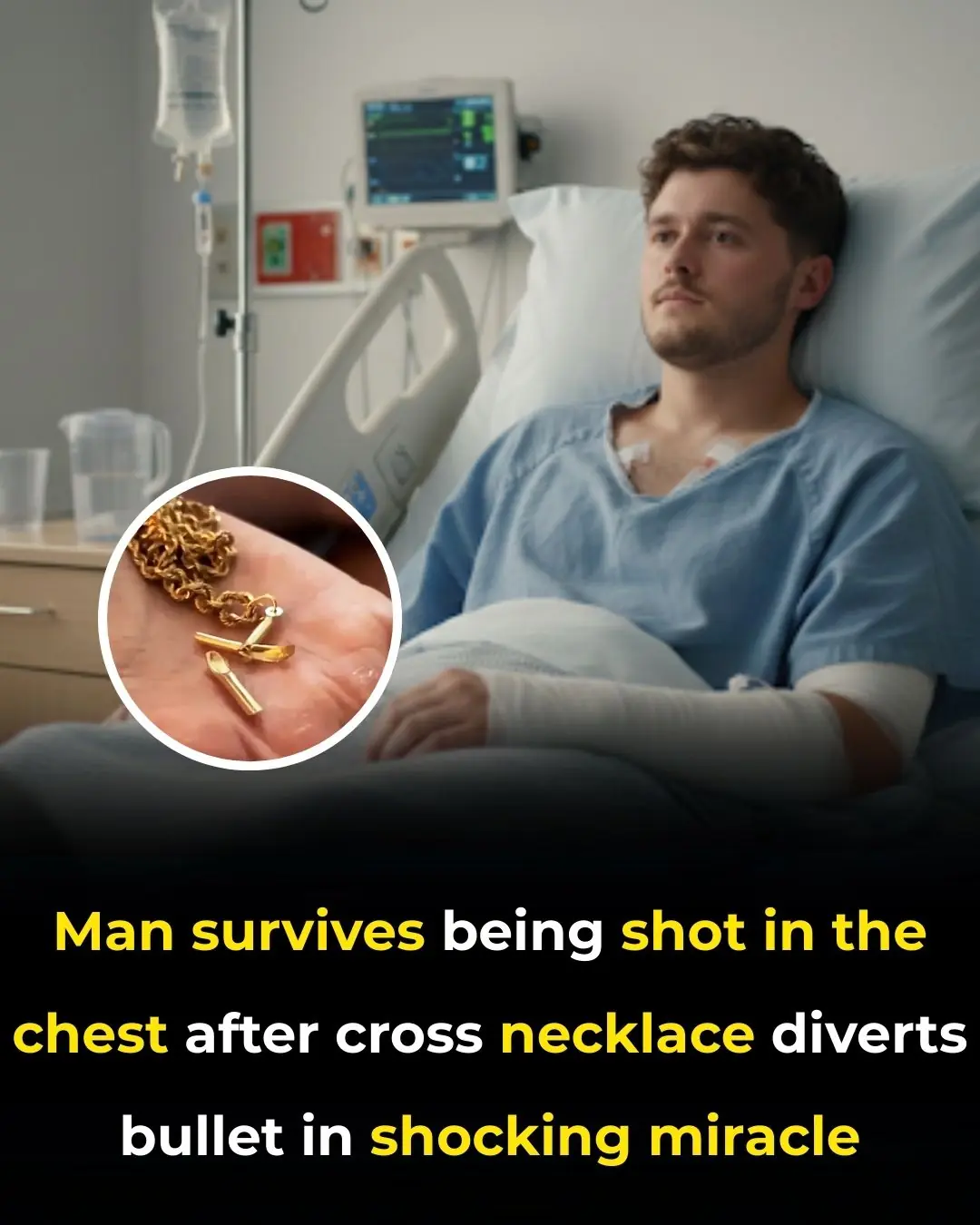
‘Miracle’ Moment: Cross Necklace Stops Bullet and Saves Man’s Life

Christian Bale Built $22 Million Foster Care Village in California

Emma Stone opens up about coping with fame after revealing she would like to be called by real name

Airline sparks outrage with controversial new plus-size seating rule

Donald Trump’s Niece Raises Serious Concerns Claiming He’s ‘Declining Rapidly’ and ‘Rambling’

Why Some People Can’t Handle Spicy Food
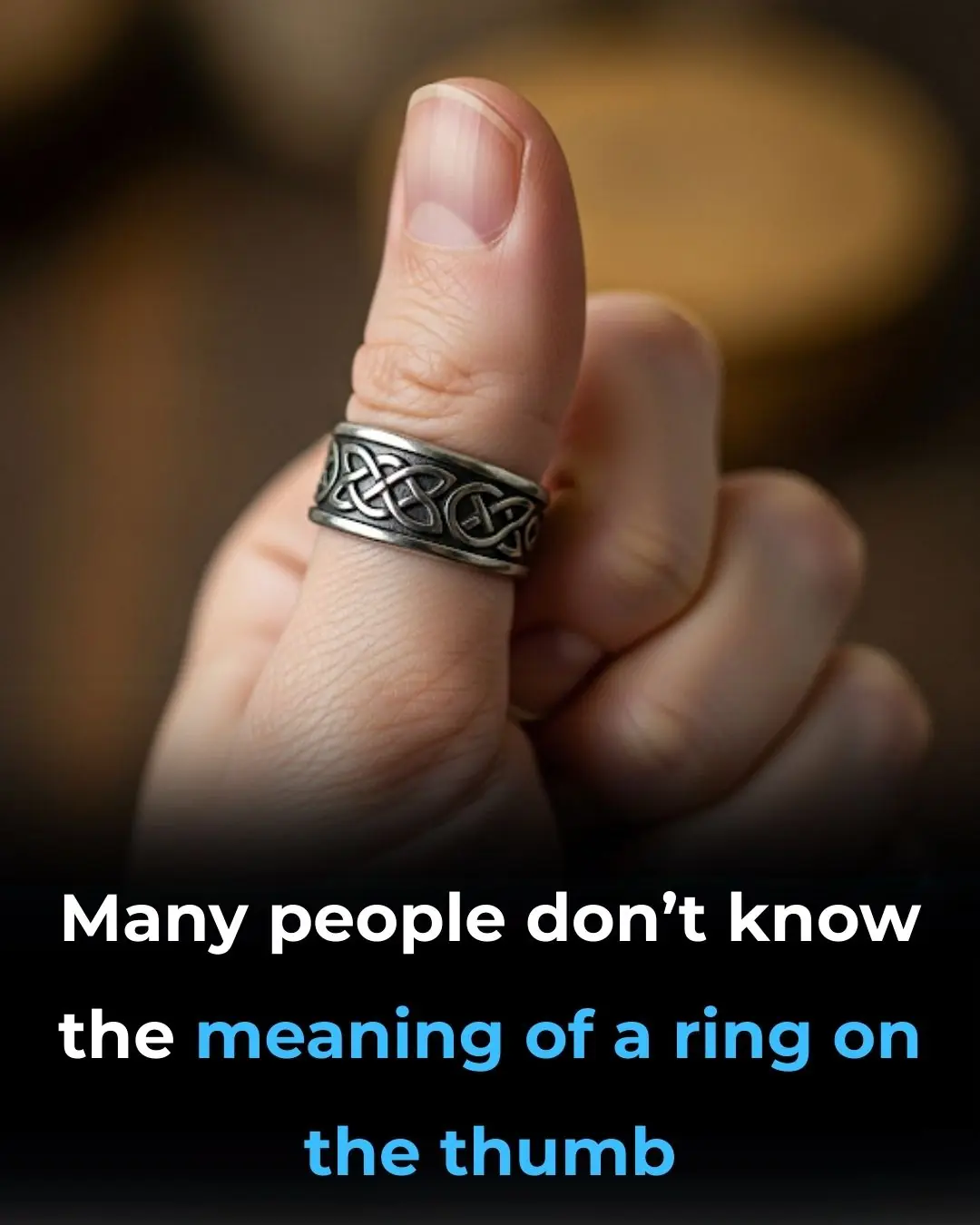
The hidden meaning of thumb rings: what they represent for women vs. men

The Small Hole on the Sink: A Feature You Never Knew You Needed

Concerned Woman: Beware of Abandoned Prams on Roadsides!
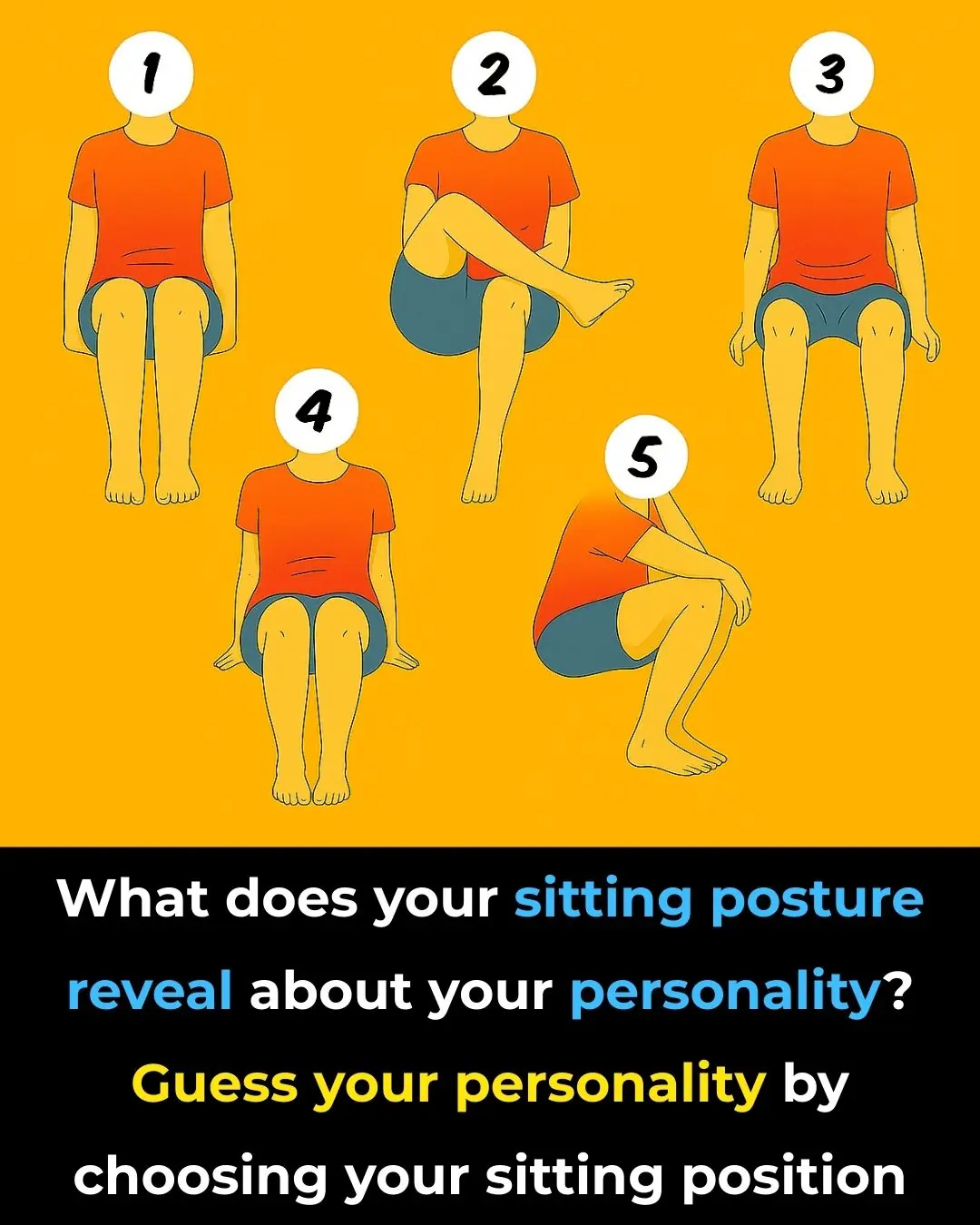
Your Character According to Your Sitting Style

California’s Canals Are Being Covered With Solar Panels To Save Water And Generate Power

Scientists Regenerate Eyes With Stem Cells Restoring Corneas And Full Vision In Patients

Emma Stone explains why not believing in aliens is ‘narcissistic’ as she declares belief in extra terrestrial beings

Damaging effects of new ‘phubbing’ trend that could be ruining your relationship

Japanese airport has never lost luggage in over 30 years – This is why

A Company in Kenya Builds Houses From Recycled Shipping Containers – Solar-Powered and Ready in Days

What Terrible Things Happen When Women Lack Intimacy? A Painful Yet True Reality

Why You Should Never Place Your Bed Like This
News Post

Early-Stage Cancer May Not Hurt at First, But If You Notice These 8 Signs When Using the Bathroom, See a Doctor Immediately: Don’t Be Negligent
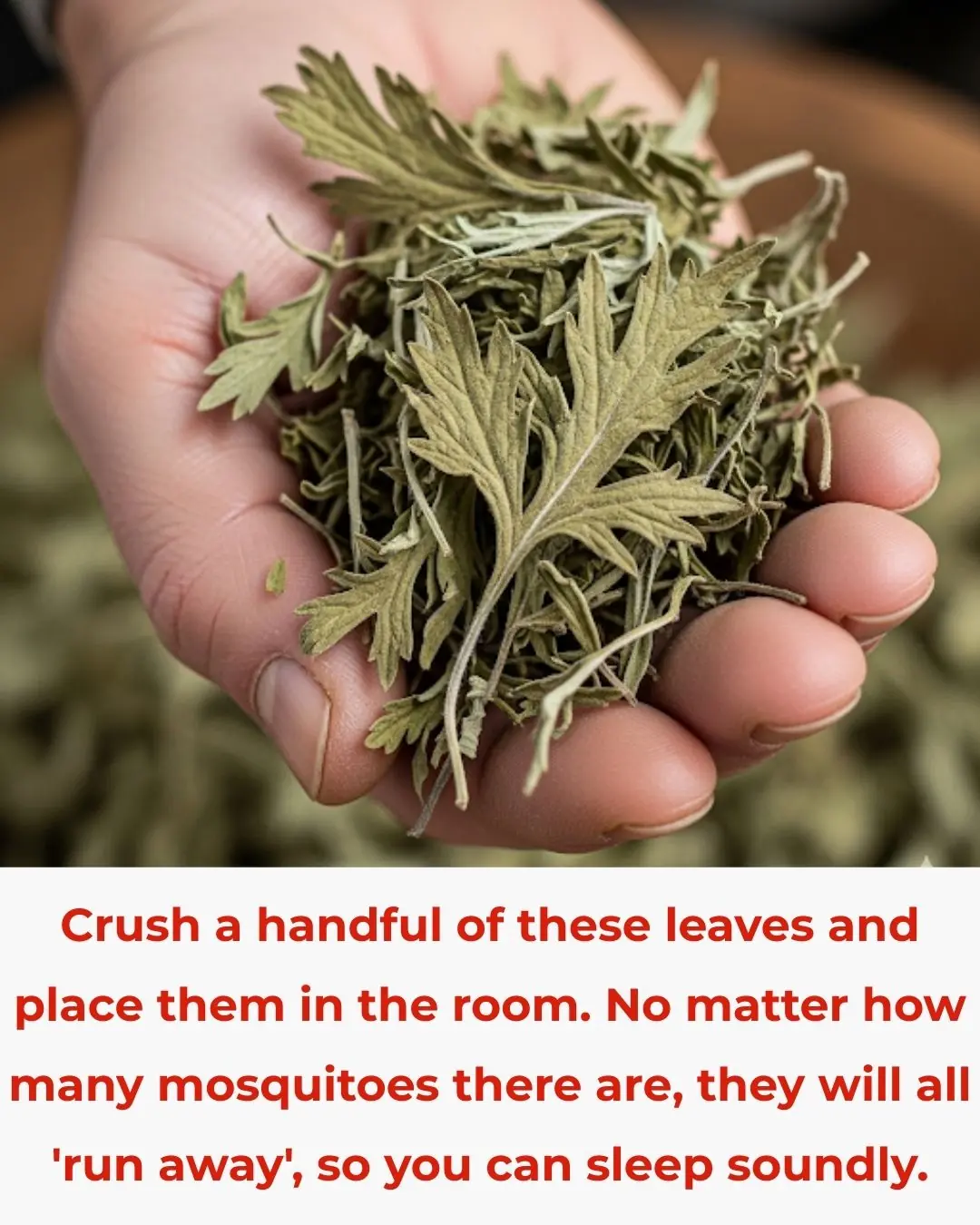
Crush This Bundle of Mugwort Leaves and Place It in Your Room — No Matter How Many Mosquitoes There Are, They’ll ‘Run Away’ and You Can Sleep Peacefully

Pouring White Sugar into Detergent: A Simple Trick Everyone Loves That Saves You Big Every Year

How True Love Shows Itself During Intimacy

The surprising truth about eating eggs every day
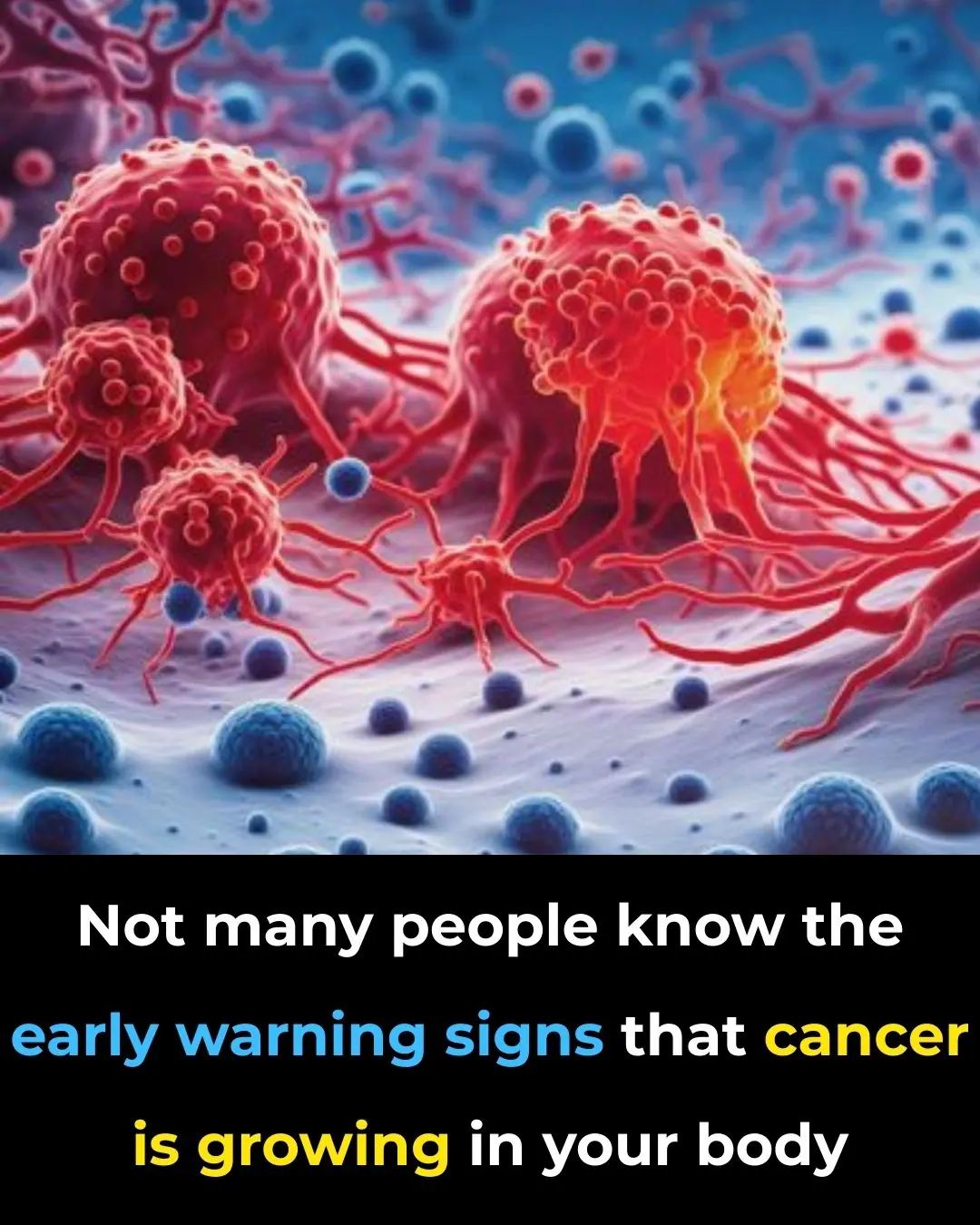
7 Early Signs Your Body is Fighting Cancer

9-year-old dies after dental procedure
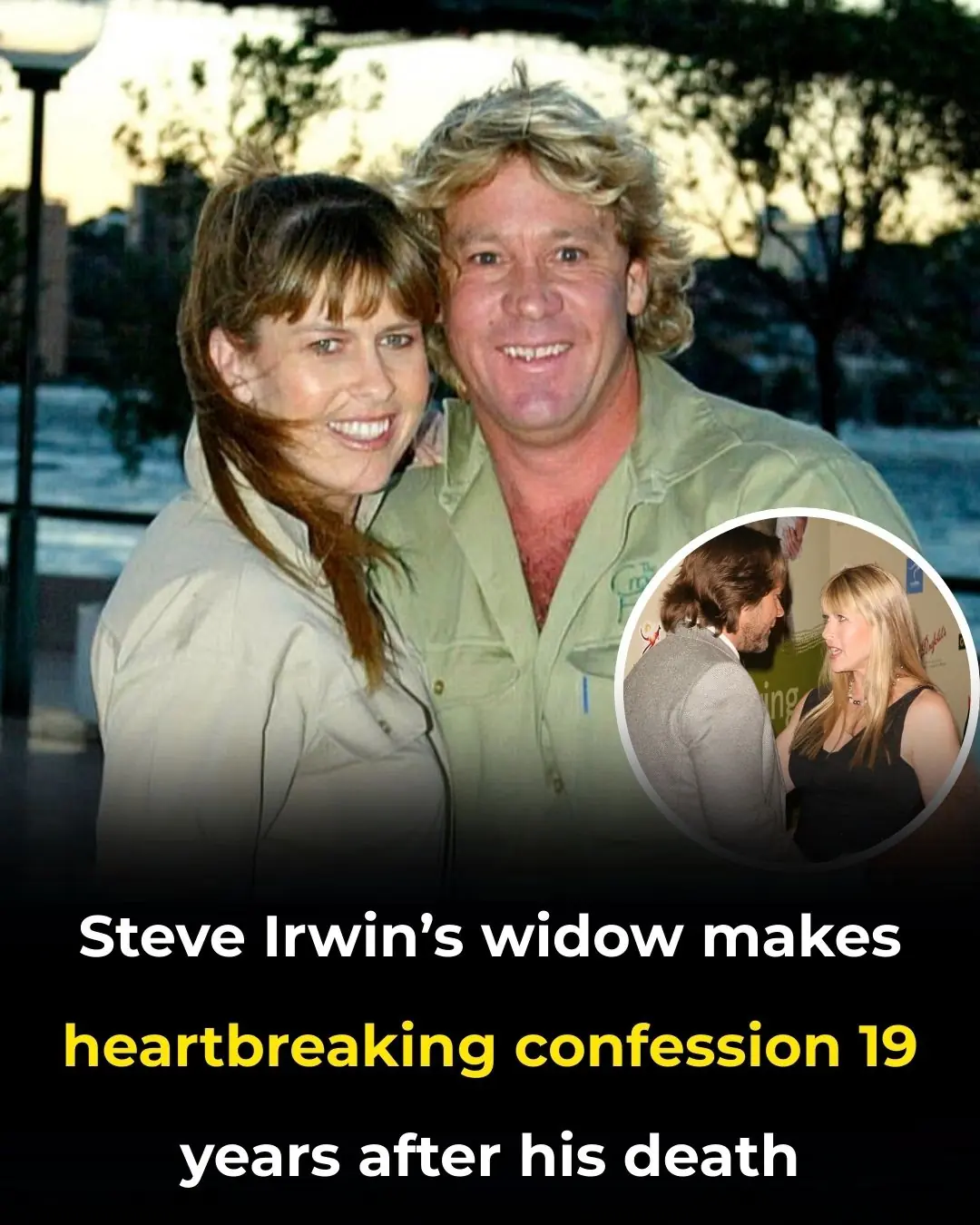
Terri Irwin makes heartbreaking admission 19 years after Steve’s death

5 Nutritious Vegetables That Can Harm Your Kidneys If Eaten Too Much

7 Items You Should Never Store in the Freezer – Like Ticking Time Bombs

18 Powerful Foods That Help Detox Your Kidneys and Cleanse Them Naturally

15 Best Skin Gels for Glowing Skin & Wrinkles

Vaseline Uses and Benefits for Skin, Lips and Hair | Petroleum Jelly Benefits

🥚 What Happens to Your Body When You Eat 2 Eggs Every Day?

‘Miracle’ Moment: Cross Necklace Stops Bullet and Saves Man’s Life

Christian Bale Built $22 Million Foster Care Village in California

Unexplained Bruising on Your Body: Causes and Treatments
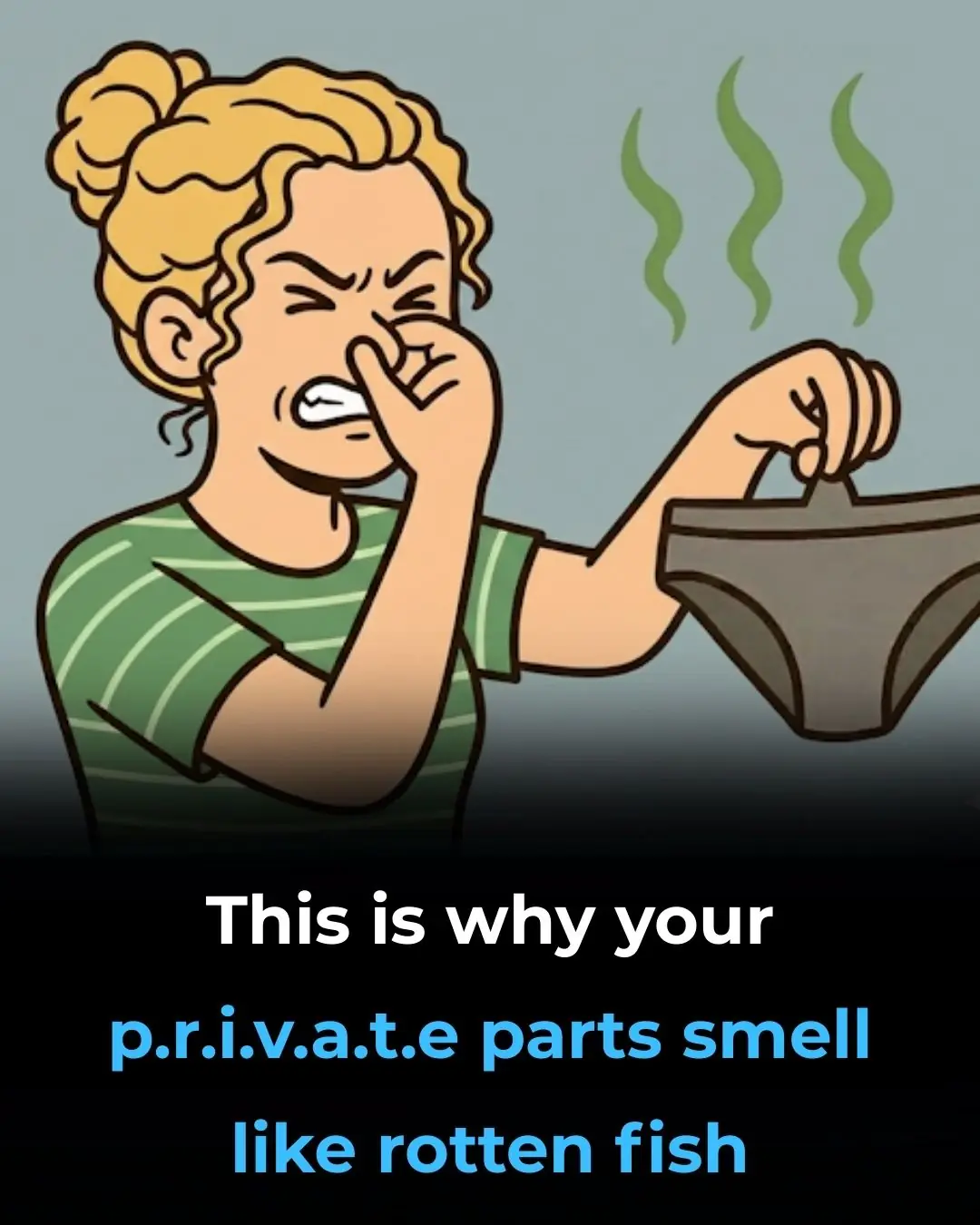
If your private parts smell fishy, it’s something you should be aware of

10 Hidden Signs Your Immune System Is Under Attack
